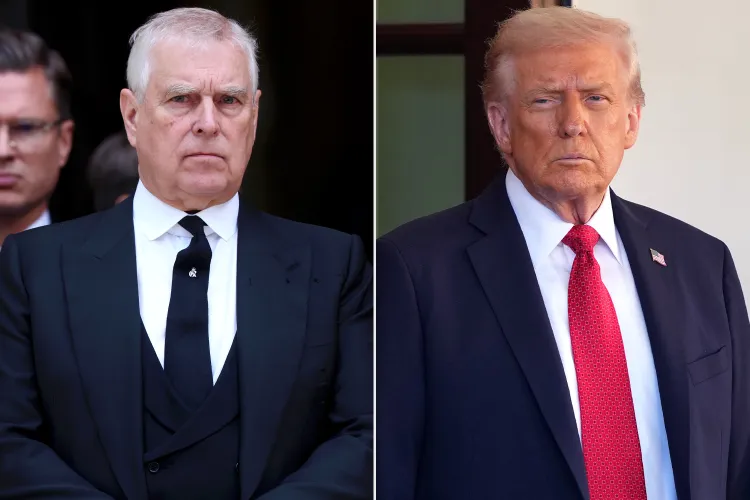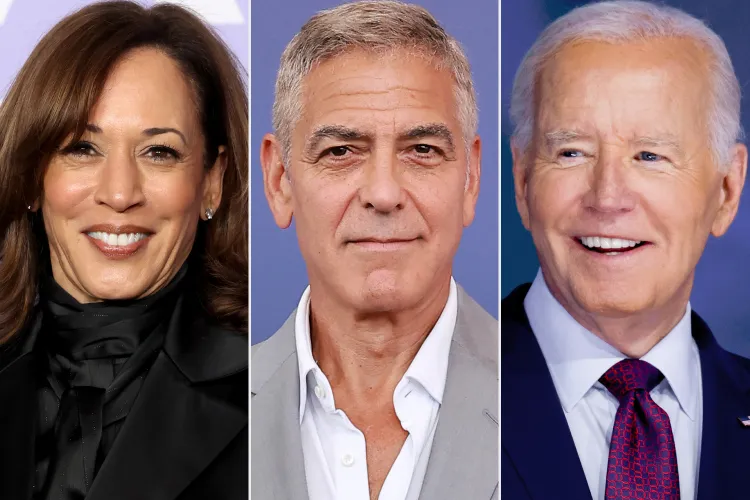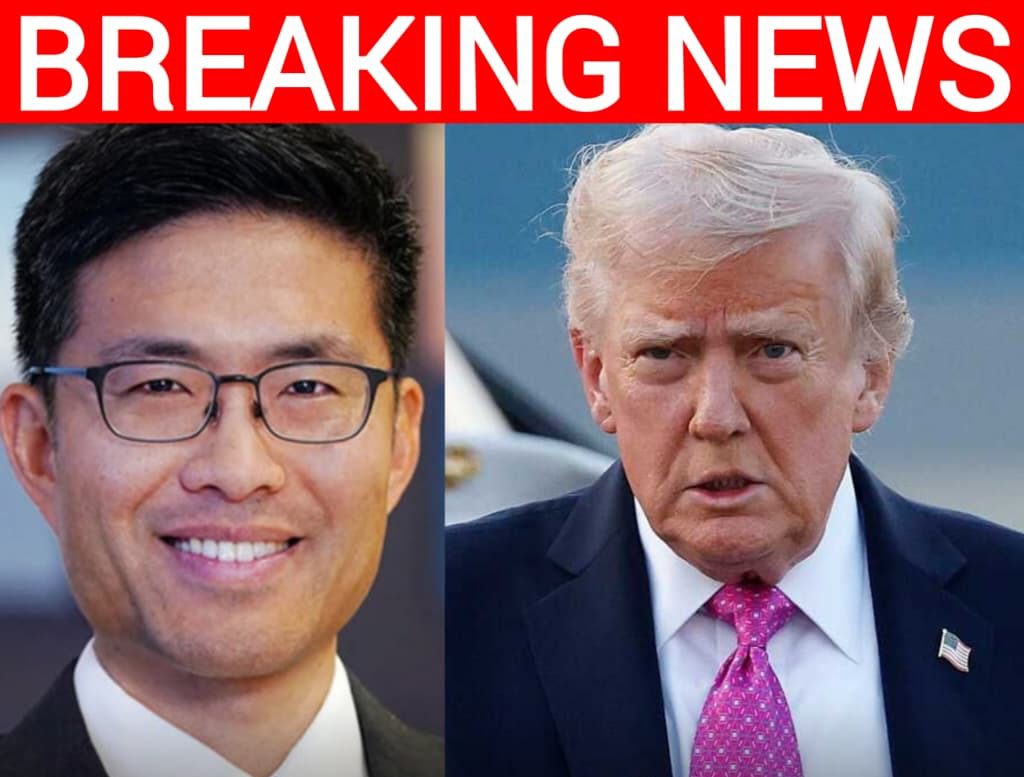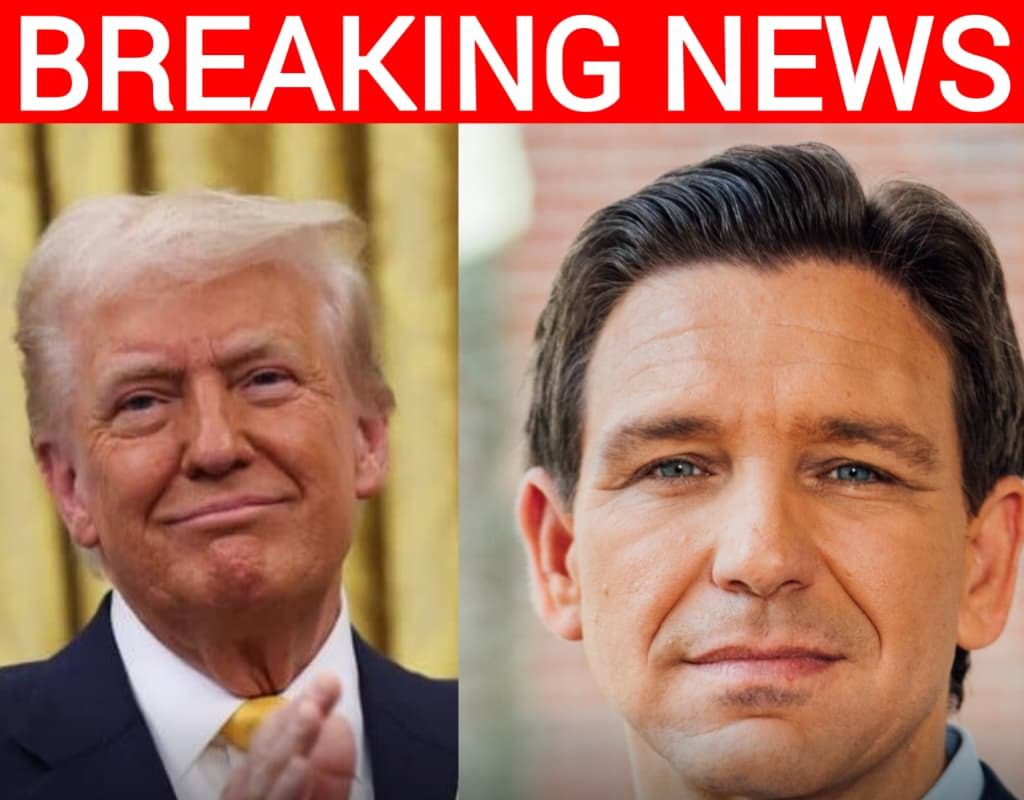Donald Trump Expresses Sympathy for the British Royal Family as King Charles Strips Prince Andrew of Titles Amid Jeffrey Epstein Fallout
Former President Donald Trump voiced deep empathy for the British Royal Family Sunday after a dramatic and historic move by King Charles III to strip his brother, Prince Andrew, of his royal titles and honors amid mounting scrutiny of his links to the late financier Jeffrey Epstein. The decision has sent ripples through the monarchy, U.S.–UK diplomatic circles, and media around the world. As Trump addressed reporters aboard Air Force One on November 2, 2025, he described the development as “a terrible thing that’s happened to the family” and added, “I feel badly for the family.”
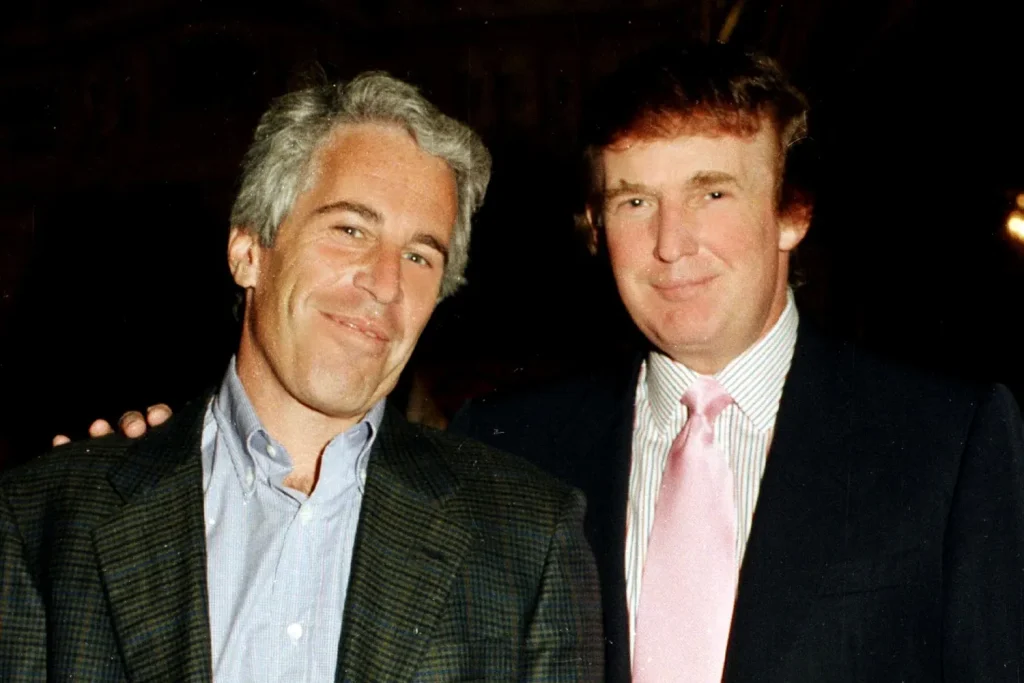
The royal announcement, made late on October 30, detailed that Prince Andrew would now be known as Andrew Mountbatten Windsor, relinquishing his titles including the Duke of York, various patronages, and the use of the style “His Royal Highness.” He is also required to surrender his lease of the Royal Lodge at Windsor and relocate to private accommodation. The move is widely recognized as unprecedented in the modern history of the monarchy.
While Trump’s remarks focused on the human dimension of the royal crossroads — the impact for a family and a centuries-old institution — the backdrop is one of intense reputational risk, legal complexity, and national scrutiny. Prince Andrew’s connection to Jeffrey Epstein has been the subject of years of controversy, including allegations that he had sexual encounters with a minor supplied by Epstein, which he denies.
In his brief comments, Trump said that the matter was “tragic” and that he felt “very badly” for the royal family. He acknowledged the sensitivity of the situation on both sides of the Atlantic — the monarchy facing one of its most serious institutional crises and the United States watching closely.
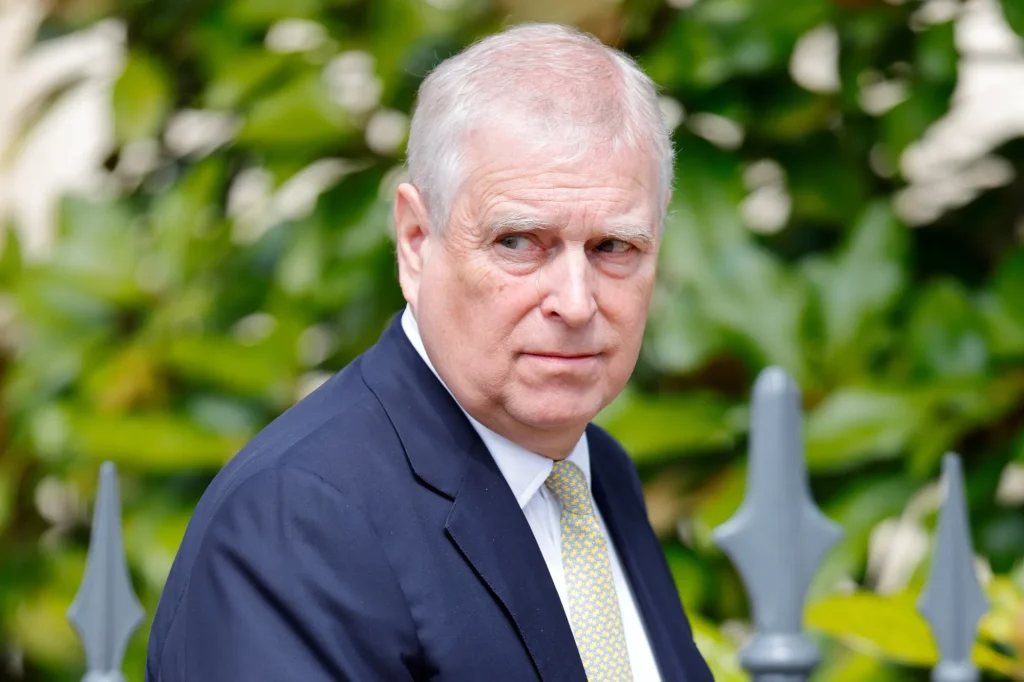
Observers note that Trump’s tone provides a striking moment of transatlantic sympathy. At a time when the U.S.–UK relationship is frequently under examination, a former U.S. president directly addressing royal turmoil underscores the global dimension of the episode. It also comes amid renewed scrutiny of Trump’s own past connections with Epstein, adding a layer of complexity to how the comments are perceived.
For the royal family, the decision to strip titles from Prince Andrew is a signal of a new phase. Buckingham Palace’s statement emphasized that “their Majesties wish to make clear that their thoughts and utmost sympathies have been, and will remain with, the victims and survivors of any and all forms of abuse.” Analysts suggest the move reflects both the need to protect the monarchy’s reputation and to address public demands for accountability in the wake of the Epstein network revelations.
The impact for Prince Andrew is considerable. While he remains in the line of succession — albeit further down — his public role as a working royal has effectively ended. The de-ranking of his titles includes military roles, charitable patronages, and the usage of “Prince” in a royal capacity.
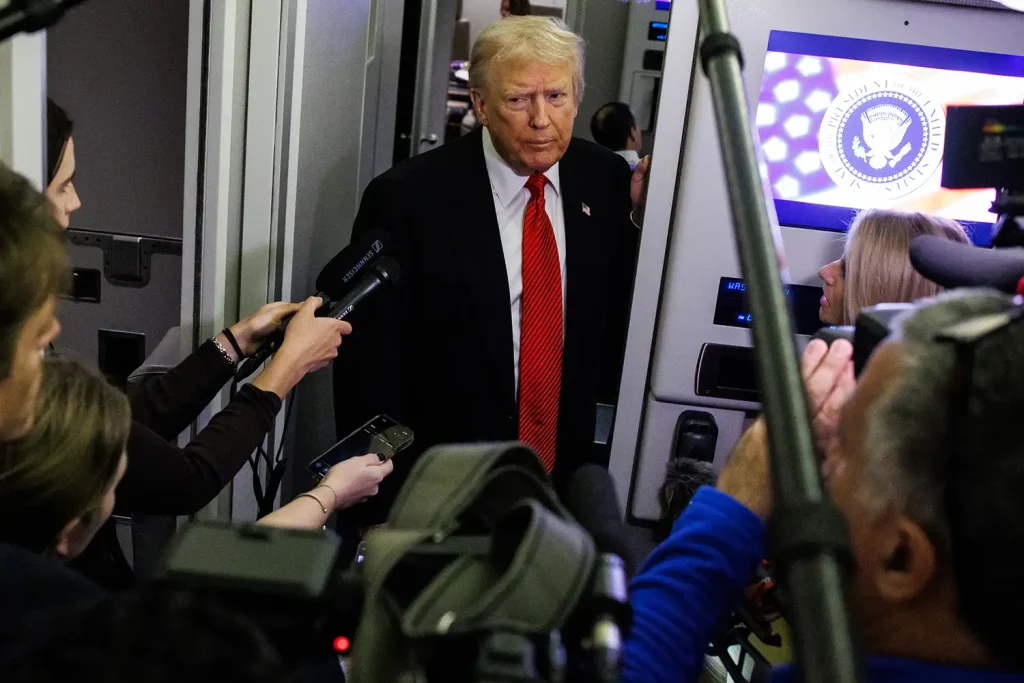
Trump’s remarks, though brief, reflect how the ripple effects of the scandal extend beyond the U.K. They have touched relations, media narratives, and public trust. By saying he felt “badly” for the family, he placed himself in a role of commentator-ally, acknowledging that the event is not merely a legal decision but a cultural one with broad resonance.
Still, the event also raises questions: How will the monarchy recover from such a breach of public confidence? Can the family rebuild its credibility in the age of instant global media? And what does it mean for a senior royal to lose so many of his titles in one sweeping action? Royal watchers believe the institution’s response will be judged for years.
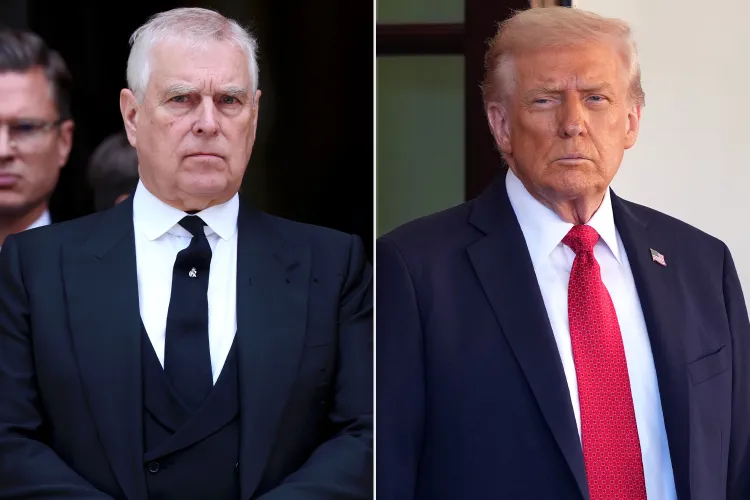
For the royal family members closest to the matter — King Charles III, the Prince of Wales, and the Duchess of Cornwall — the move demonstrates a willingness to act decisively. For the public, the story shifts away from privilege and inherited status to themes of accountability and trust. In that sense, Trump’s expression of sympathy reminds us that even royal families are subject to human turmoil and global scrutiny.
The decision now places the monarchy at a crossroads. The modernizing impulse, exemplified by younger royals and public engagement, meets the enduring need for dignity, duty, and public faith. In conceding that “this is a terrible thing” for the family, Trump’s words echo a societal imperative: institutions built on legacy must also adapt to responsibility.
Whether this moment becomes a chapter of reform or a bruising scar remains to be seen. For now, the royal family stands publicly chastened, the titles have fallen away, and the gaze of the world remains fixed on Windsor. Trump’s words may be simple — “I feel badly for the family” — but they reflect a much deeper truth: institutions fail not when individuals falter, but when the system cannot hold them accountable.
